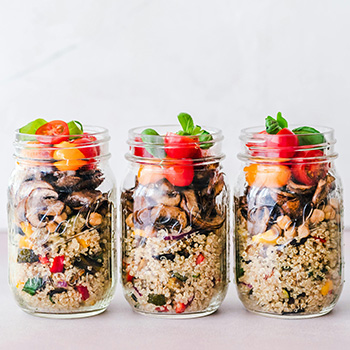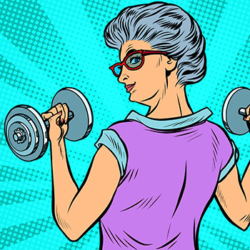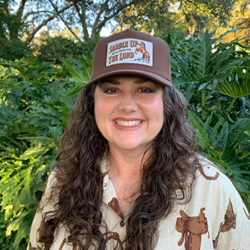 In our house, health isn’t just something we talk about—it’s something we live. Kristen and I make it a priority to train, not just for our own well-being, but to set an example for our daughters, Parker, Charlie and now Maxine. Our awareness of how health impacts not just our energy but our finances has only grown stronger.
In our house, health isn’t just something we talk about—it’s something we live. Kristen and I make it a priority to train, not just for our own well-being, but to set an example for our daughters, Parker, Charlie and now Maxine. Our awareness of how health impacts not just our energy but our finances has only grown stronger.
As a financial advisor, I often talk to clients about long-term planning, and one thing I emphasize is that wealth isn’t just about how much money you make—it’s about how well you take care of yourself.
Poor health choices today don’t just cost you in doctors’ bills; they can cost you in lost opportunities, productivity, and even the ability to enjoy your hard-earned money.
I remember a conversation with a client who was frustrated about medical bills piling up in his 50s. He had spent decades building his business but neglected his health—poor diet, no exercise, and high stress. Now, he was facing high cholesterol, blood pressure issues, and diabetes. What he saved by not investing in a gym membership, regular checkups, or healthier food, he was now paying for in prescriptions, specialists, and time away from work. It was a harsh reality check: neglecting your health doesn’t just drain your body—it drains your bank account.
 On the flip side, when Kristen and I prioritize workouts, meal planning and rest, we’re not just taking care of our bodies—we’re making an investment in our future.
On the flip side, when Kristen and I prioritize workouts, meal planning and rest, we’re not just taking care of our bodies—we’re making an investment in our future.
The energy we have today impacts how we show up for our kids, our careers, and each other. The money we put into good food and gym membership now saves us from costly medical expenses down the road.
Think of your health habits like an investment portfolio. The small, consistent deposits you make—choosing water over soda, going for a walk after dinner instead of scrolling on the couch, getting quality sleep—compound over time. The payoff? More energy, fewer sick days and lower healthcare costs.
One of the biggest reasons Kristen and I stay committed to health is our girls. They watch everything we do. When they see us working out, choosing healthy meals, and making fitness a fun family activity, they absorb those habits. Parker already loves trying to “race” us just about every time we take a walk, and there isn’t a time when they pull out their own “yoga mats” next to Mom on the living room floor.
But the flip side is also true—if they saw us eating fast food every night, skipping workouts, and complaining about aches and pains without doing anything to change it, that would change their mindset toward health, too.
 As parents, we’re not just investing in our own well-being; we’re setting up a generational legacy.
As parents, we’re not just investing in our own well-being; we’re setting up a generational legacy.
And just like with money, the earlier they learn good habits, the greater the long-term return.
At the end of the day, financial security isn’t just about how much you save—it’s about having the health to enjoy it. No one wants to retire with a great next egg only to spend it all on medical expenses. By making small, intentional health choices today, we’re not just improving our quality of life now—we’re ensuring we have the energy, freedom, and financial security to enjoy life later.
So next time you think about skipping the workout or grabbing takeout for the third night in a row, ask yourself: is this an investment in my future or a withdrawal? The choices we make today shape the life we get to live tomorrow.
April 2025

 On the flip side, when Kristen and I prioritize workouts, meal planning and rest, we’re not just taking care of our bodies—we’re making an investment in our future.
On the flip side, when Kristen and I prioritize workouts, meal planning and rest, we’re not just taking care of our bodies—we’re making an investment in our future. As parents, we’re not just investing in our own well-being; we’re setting up a generational legacy.
As parents, we’re not just investing in our own well-being; we’re setting up a generational legacy.


